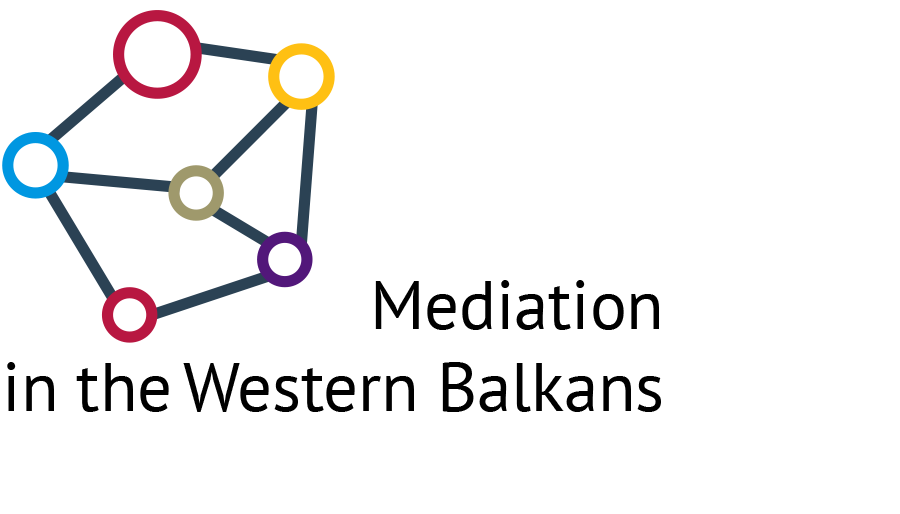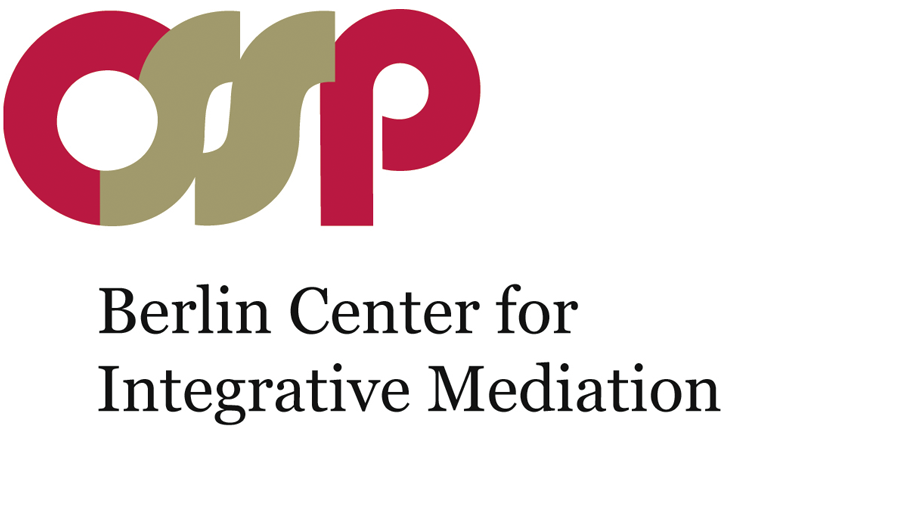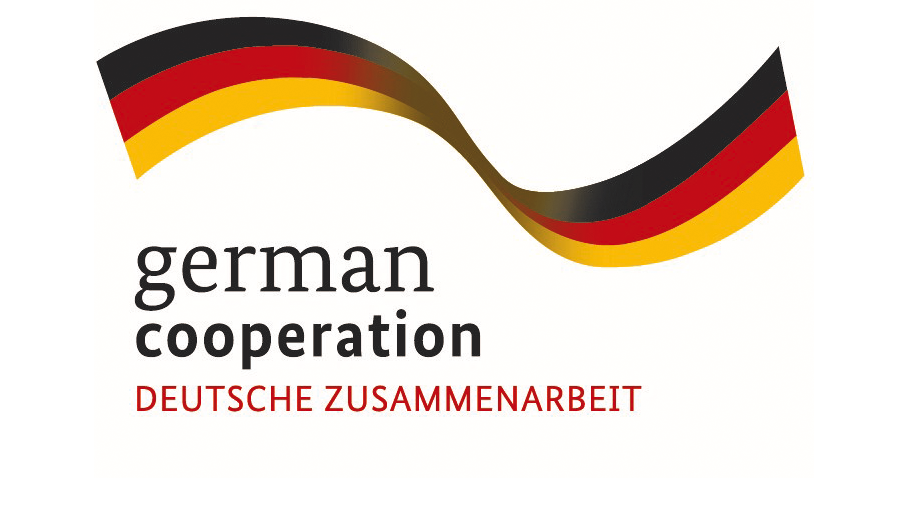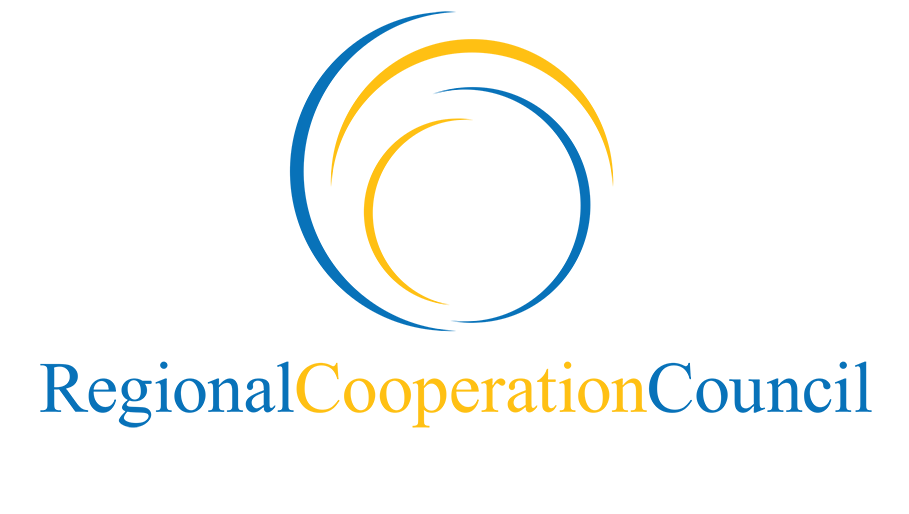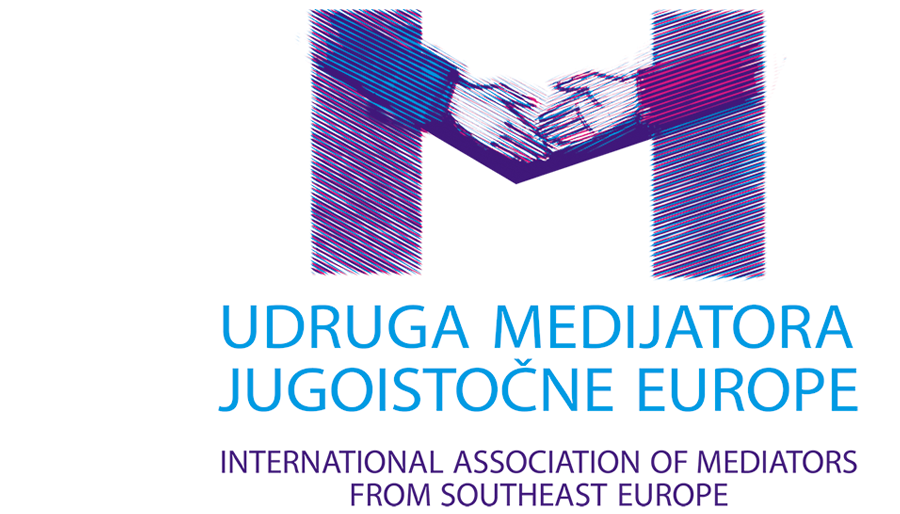In the Republic of Albania, the current law that is in force and regulates the activity in the field of mediation is law no. 10385, amended dating from 24/02/2011 “On mediation in dispute resolution”. This law with the changes made in 2013 and 2018 is approximated with the directive 2008/52 / EC “On some aspects of mediation in civil and commercial matters” with no. CELEX3200810052. This law is comprehensive and regulates all organizational aspects of mediation and refers to a clear referral mechanism for issues that can be resolved through mediation.
The scope of application of mediation according to Albanian law (Article 2) includes disputes in the field of civil, commercial, labor, family, intellectual property, consumer rights and disputes between public administration bodies and private entities. Mediation in the criminal field applies to disputes that are reviewed by the court at the request of the accusing victim, or on appeal by the victim, according to Articles 59 and 284 of the Code of Criminal Procedure and in any case where special law allows it. For mediation of the penal-criminal cases for juveniles, applies provisions of the Juvenile Criminal Justice Code. In Article 23 of the Law, we also find the legal mechanism of referral when cases are referred by the court.
On the other hand, the Code of Civil Procedure, since the first version of its adoption in 1996, has explicitly provided for the obligation that the court has in the framework of efforts to resolve the issue for conciliation, offering litigant parties the opportunity to resolve the issue through mediation, presenting to them at the hearing session the advantages of mediation in resolving disputes in relation to the usual way of judicial resolution of disputes (Article 158 / ç of the Code of Civil Procedure of the law in force with the changes it has undergone in years).
Consequently, given the above, the special law on mediation as well as the specific provisions in the codes of procedure (especially in the Code of Civil Procedure) provide a good and sufficient legal basis to have frequent referral of cases by the court to resolving issues through mediation.
In fact, it turns out that compared to the large number of cases dealt by Albanian courts, the number of cases referred to be resolved through mediation is not large. The reasons for this situation are many and very different.
I think the first big problem is the lack of an institutional tradition in referring cases and resolving issues through mediation. While we have a laudable tradition that comes to us from customary law (we remember with great appreciation the Kanun of Lekë Dukagjini, a source of Albanian customary law that comes to us from the XV century, the most famous among many collections of Albanian customary laws) where many of the disputes arising (both in the civil and criminal spheres) were resolved by the elders through the mediation of the elderly, mainly in rural areas, there is a consolidated and stable tradition in resolving issues mediated by mediators, whether initiated by parties or referred by the court. In this analysis, we refer to the developments after 1991 when Albania changed its political organization from a dictatorial monist state to a pluralistic and democratic state.
After 1991, there have been occasional attempts to create opportunities for resolving issues through mediation, which began in 1993 with the licensing of the first mediators. While the first special law turns out to be Law no. 8465, dated 11/03/1999 “On mediation for the settlement of disputes by agreement”. Despite this the referral of cases to mediation, has not been large.
The Durrës Judicial District Court has a positive experience to be noted in the years 2009-2013 when it was involved as a pilot court in a project financed by the World Bank (IFC) where we had an increase in the number of cases referred by the court most large of which successfully resolved through mediation. The project started with the training of court judges as well as a part of the support staff (Chief Secretary, Chancellor and Judicial Secretary) and was followed by a study visit to the Republic of Montenegro to get acquainted with the positive experiences of the countries of the region. The advantage of the project was the fact that the costs of the mediation procedure were covered by the project and consequently the litigants had no procedural costs. On the other hand there was a periodic report to the High Council of Justice regarding the number of cases referred for mediated resolution by the court as well as for each judge as a statistical data that would be kept in mind at the time of evaluating the work of any judge, which was made periodically by the council. Unfortunately, the end of the project led to the termination of referrals because the process did not have the necessary support and funding from the Albanian executive, who did not consider as a priority the continuation of the work started.
Referring to the above, we think that the lack of continuous efforts to create a sustainable tradition has made mediation as an alternative possibility of resolving disputes (both civil and criminal) is not effective and is not massive as a solution. We think that the creation of a consolidated tradition, the creation of conditions for efforts not only through limited projects in time, but extended and without time limitations, with the support of the executive, will enable the increase of the number of referred cases. Creating a culture of amicable dispute resolution is a challenge that requires the serious and benevolent commitment of all actors including mediators, judges, lawyers and takes its time to achieve what is a great experience of Scandinavian countries where most disputes are resolved through mediation.
The problems we had with the implementation of the current mediation project are also related to the coincidence of the start time of the project with the pandemic situation caused by Covid-19. For this reason the number of cases referred by the court remains small. Also, the changes that the Code of Civil Procedure has undergone and the preliminary actions for the preparation of the case for trial, we think that it has had its impact because the moment of “meeting” of the parties with the judge in charge of the case, is delayed /postponed, which then in reference the above, should inform the parties of the possibility of resolving disputes through mediation, as well as the benefits in this case related to saving time and costs for the parties.
We as a court are also making efforts to raise the awareness of the parties in dispute, who address their case to the court to be informed in a timely manner about the possibility of resolving their dispute through mediation. For this we are using the opportunity to inform the parties through the court website (a very useful information portal for the general public and actors in court proceedings), the court social network “Facebook” and information corners where we provide leaflets with useful information for mediation.
Mediation remains our challenge in the future as it remains one of the best ways of alternative dispute resolution, but it is also a useful way to reduce the workload of judges which has recently increased a lot.
__________________________________________________________________________________________________________________
About the Author:Markelian Koça is a Judge and Chair of Durres District Court.
Profile: https://www.balkanmediation.org/people/1229/
